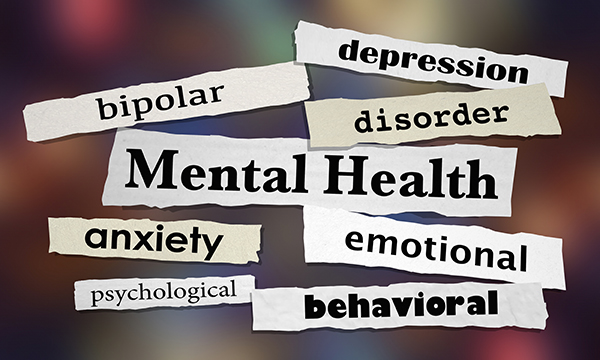 Parler
Parler Gab
Gab
- Transgender identification among U.S. college students has nearly halved in two years.
- This decline coincides with the first sustained improvement in student mental health in over 15 years.
- A separate trend shows high rates of transgender identification persist among younger teenagers.
- An analyst suggests the campus decline mirrors the fading of a social trend or fashion.
- The medical establishment faces scrutiny for pushing irreversible treatments on minors.
A dangerous trend for younger teens
Despite the encouraging news on college campuses, separate research indicates the transgender identification crisis continues to escalate among vulnerable younger adolescents. The Williams Institute at UCLA recently found approximately 724,000 Americans aged 13 to 17—about 3.3% of that age group—now identify as transgender. This persistent trend among younger teens raises serious concerns about medical professionals who profit from permanently altering healthy bodies before children can fully comprehend the consequences. The surge in teen transgender identification has created a lucrative industry for medical providers who push irreversible procedures like mastectomies, hormone blockers, and genital surgeries. These interventions often create lifelong patients while destroying natural fertility and causing permanent physical changes. Many detransitioners have come forward describing how they were rushed into medical transitions during vulnerable periods only to regret their decisions years later when the psychological distress that initially drove their gender confusion resolved. Jonathan Alpert, a New York City psychotherapist, suggested the college decline might reflect young people becoming "tired of feeling pressured to define every emotion or difference with a new identity." He observed that "once people become more comfortable in who they are, they stop needing to define themselves so rigidly." This growing self-assurance represents a positive development compared to the previous climate where teens felt compelled to adopt new identities to explain normal developmental confusion.Profit-driven medicalization
The medical establishment has increasingly come under scrutiny for pushing irreversible treatments on minors despite limited evidence about long-term outcomes. Gender clinics create lifelong customers through continuous hormone treatments and follow-up procedures, all while ignoring the underlying mental health issues that might be driving gender distress. The declining numbers on college campuses suggest many young people are recognizing they don't need medical intervention to address feelings of discomfort or confusion. Instead, they're discovering that developing resilience and self-acceptance provides more genuine solutions than surgical alteration. The survey data indicates this shift isn't driven by political changes, as students continue to endorse left-wing activism despite moving away from transgender identification. Kaufmann's analysis concluded that "the fall of trans and queer seems most similar to the fading of a fashion or trend." This pattern mirrors historical examples of social contagions that eventually lose their appeal as critical thinking replaces impulsive adoption of popular movements. Medical professionals who prioritize profit over patients have exploited youthful uncertainty by promoting permanent solutions to temporary problems. The damage extends beyond physical consequences to mental health, with many patients reporting worsened psychological outcomes after medical transition. The declining numbers on campuses suggest young people are increasingly recognizing the dangers of this approach and seeking more authentic paths to self-discovery. As cultural attitudes continue to evolve, the dramatic drop in transgender identification among college students offers hope that the worst of this trend may be passing. The data provides compelling evidence that the medical establishment's push to normalize radical body modification for confused youth represents an aberration rather than genuine progress. With improved mental health and growing skepticism toward medical interventions, young people are increasingly choosing self-acceptance over irreversible procedures. Sources for this article include: YourNews.com FoxNews.com NYPost.com CatholicNewsAgency.comU.S. and China trade cyberattack allegations as tensions escalate
By Belle Carter // Share
Escalating tensions raise fears of Iran-Israel conflict
By Belle Carter // Share
Early peanut exposure cuts allergy rates by 40%, study confirms
By Willow Tohi // Share
Finnish study finds MENTAL HEALTH DISORDERS may spread among teen peer groups
By Evangelyn Rodriguez // Share
Trump and Putin to negotiate an end to the war in Ukraine
By Zoey Sky // Share
AI trained on human atrocities and loss of metaphysical foundation threaten human freedom
By Finn Heartley // Share
Governments continue to obscure COVID-19 vaccine data amid rising concerns over excess deaths
By patricklewis // Share
Tech giant Microsoft backs EXTINCTION with its support of carbon capture programs
By ramontomeydw // Share
Germany to resume arms exports to Israel despite repeated ceasefire violations
By isabelle // Share










